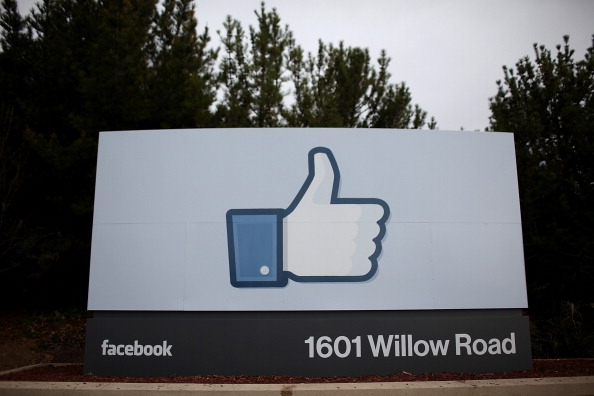
01 Feb Diversity in Tech: Facebook Taps the NFL’s Playbook to Increase Diversity in Hiring
Facebook latest diversity innovation, one that’s beginning to show results, was borrowed from professional football.
Under public pressure about the mostly white male workforces that dominate the technology industry, the biggest Silicon Valley companies are trying to address the lack of diversity in their workforces in a variety of ways: funding STEM (science, technology, engineering, and mathematics) education and outreach programs, holding training sessions and seminars about unconscious bias, and looking at data-driven ways to track and improve hiring from outside the usual pools of talent.
But for an industry that holds innovation as its primary driving force, its halting progress in fostering diversity over the last two years stands out like a sore thumb.
Now Facebook is drawing from a technique that’s been standard procedure for more than a decade in, of all places, professional football.
No, it’s not implementing a college draft system, though maybe that’s not a bad idea; Facebook has adopted a variant of the National Football League’s “Rooney Rule.” And according to Business Insider, it’s working.
At Facebook for every open job position, managers begin searching for candidates by considering at least one applicant from an underrepresented background. The rule was implemented in June and is still a pilot program, applicable to only a select number of teams in the company. According to Business Insider’s interview with Facebook global director of diversity Maxine Williams, the program has been “very well received, and there are strong lead indicators of its effectiveness.”
And with those early successes the program is reportedly being expanded to new teams going forward. An effective tool is just what Facebook needs, after its second diversity report in mid-2015 showed little progress over the first year. As Latin Post previously reported, Facebook’s workforce in 2015 only included four percent of Latinos, and two percent African Americans.
In the NFL, this technique called the Rooney Rule, after Pittsburg Steelers owner Dan Rooney, who is also the chairman of the leagues’ diversity committee. Since 2003, the rule requires NFL teams to interview minority candidates for head coaching jobs and other senior operations positions.
The rule was implemented after the 2002 firings of Tony Dungy from his head coaching position at the Tampa Bay Buccaneers and Dennis Green from the Minnesota Vikings. Green had only had one losing season in his 10 year run at the time, and Dungy was the first coach with a winning record to be fired by Tampa Bay. Soon after the controversial firings, a study showed black head coaches were less likely to be hired and more likely to be fired than white coaches, despite having a higher win percentage, on average.
The Rooney Rule as it applies today requires no hiring quotas, nor does it encourage any preference given to minority candidates. It just requires all searches for senior football operations positions within the NFL to include applicants from minority backgrounds.
And it has been effective. As The New Yorker noted, there had only ever been seven minority head coaches in the first 80 or so years of the NFL until the Rooney Rule came into effect. In contrast, from 2007 until 2014, every Super Bowl had at least one black head coach or general manager. And overall, percentage of minority head coaches has increased from about eight percent to 20 percent, according to Business Insider.
For Facebook, the challenge remains to build habits around its new adaptation of the Rooney Rule, which requires extra effort by managers and can slow down the hiring process in an industry where hiring isn’t seasonal but constant, and speed is key.
“Essentially, what something we call a diversity-based approach does is build a muscle in people,” said Williams. “It builds the habit of looking longer, looking harder.”


Sorry, the comment form is closed at this time.